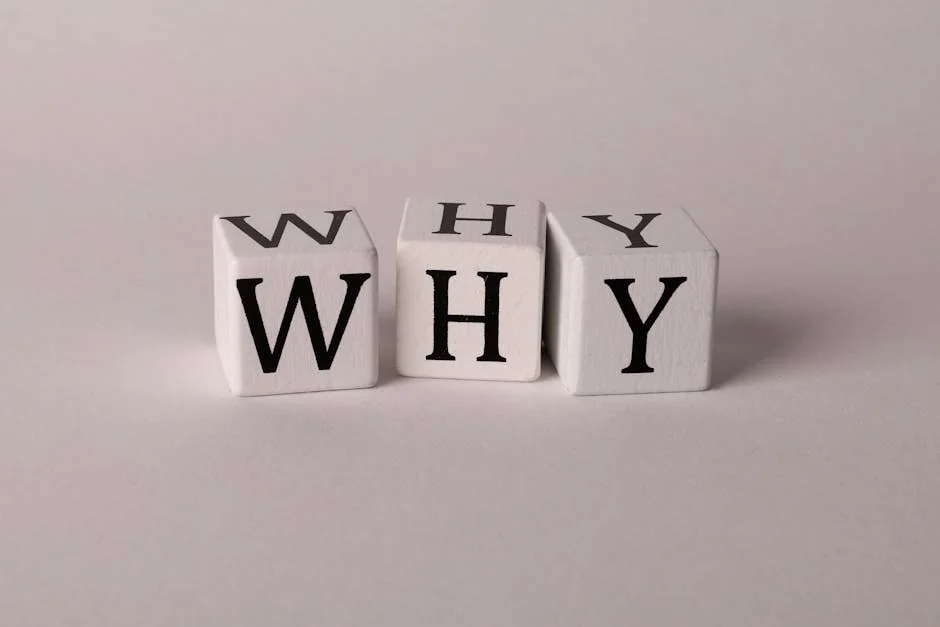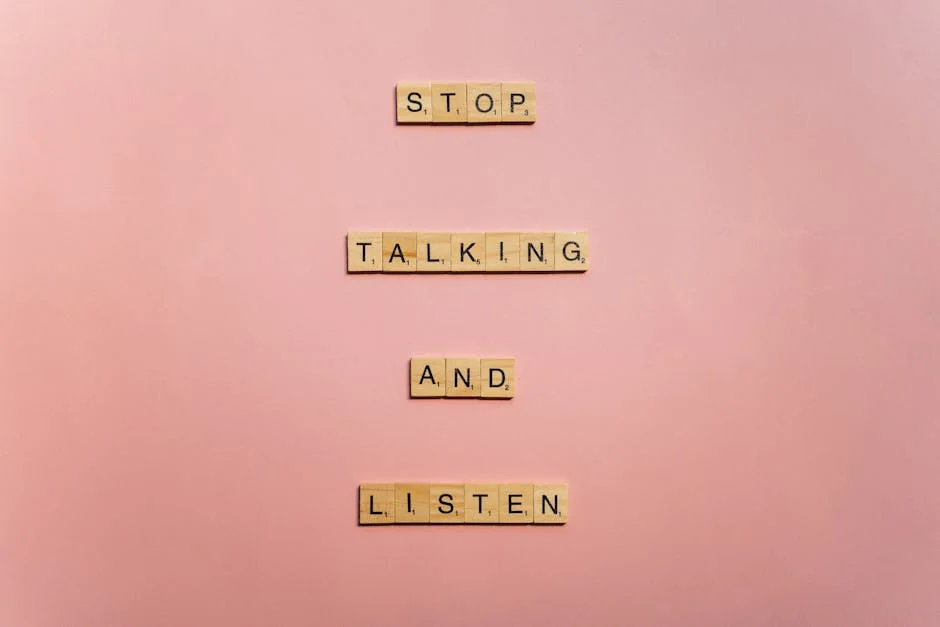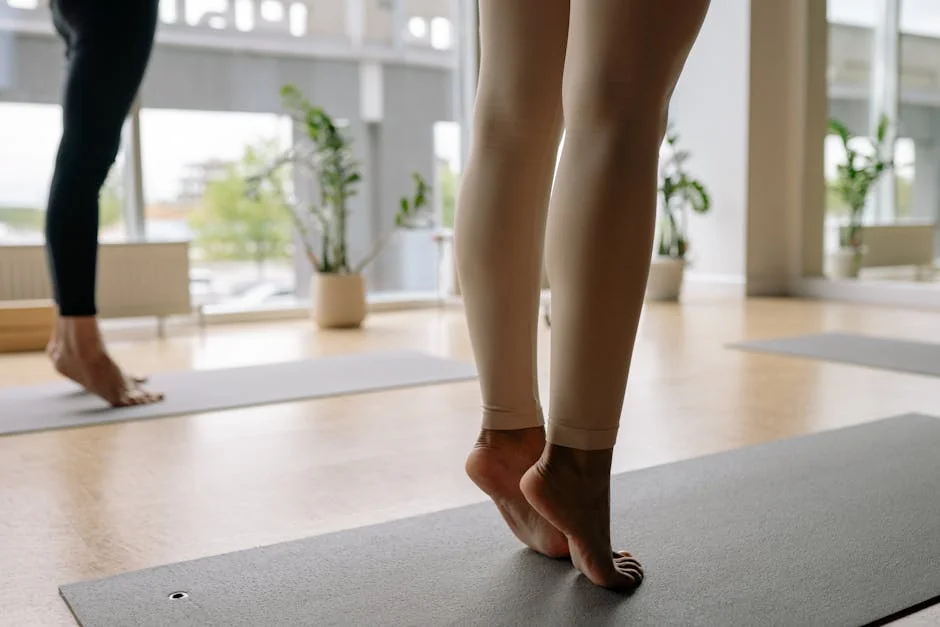In our non-stop world of notifications, to-do lists, and constant busyness, your mind is likely pulled in a dozen different directions at once. This is exactly why mindfulness is important. It’s the powerful antidote to the chaos of modern life, offering a way to anchor yourself in the one moment you can truly experience: the present. But this isn't just about feeling a little calmer; it's a researched-backed practice that can fundamentally rewire your brain, reduce stress, and enhance your overall quality of life.
This guide will demystify what mindfulness truly is and unpack the compelling science behind its benefits for your mental, emotional, and even physical well-being. We'll then move beyond theory, exploring its practical power in your daily routines—from navigating work stress to improving your relationships. You'll also find simple, actionable techniques to help you cultivate a more present and peaceful life, starting today. Let's begin the journey inward.
What is Mindfulness? A Simple Definition for Beginners
Mindfulness is a word that gets used a lot, but its meaning is beautifully simple. At its core, mindfulness is the basic human ability to be fully present and aware of where we are and what we’re doing. More specifically, it means paying attention to our current experience without being overly reactive or overwhelmed by what’s happening around us.
The leading expert Jon Kabat-Zinn defines it as "the awareness that arises through paying attention, on purpose, in the present moment, non-judgmentally." If you're looking for an even simpler way to explain it, you can find a great example of mindfulness in a sentence that captures its essence.
Let's break that down:
- On purpose: You make a deliberate choice to direct your attention.
- In the present moment: You focus on what is happening right now, not rehashing the past or worrying about the future.
- Non-judgmentally: You observe your thoughts, feelings, and sensations without labeling them as "good" or "bad."
A key distinction is that mindfulness is a quality you can bring to any moment, while meditation is the formal practice of training your mind to cultivate that quality. Think of meditation as going to the gym for your mind, and mindfulness as the strength and flexibility you build there, which you then use throughout your day. To explore this further, you can learn more about what is meditation good for in our dedicated guide.
The Science-Backed Benefits: How Mindfulness Rewires Your Brain
The importance of mindfulness isn't just a philosophical idea; it's grounded in robust neuroscience. Research using fMRI scans shows that consistent mindfulness practice can physically change the structure and function of your brain, a concept known as neuroplasticity.
Reduces Stress and Anxiety
Mindfulness directly targets your body's stress response. When you practice, you calm the amygdala, the brain's alarm system. A less reactive amygdala means you're less likely to go into "fight-or-flight" mode over minor stressors. Studies also show that mindfulness practitioners have lower levels of cortisol, the primary stress hormone. This leads to a calmer, more resilient nervous system.
Improves Focus and Attention
In an age of constant distraction, the ability to focus is a superpower. Mindfulness is essentially a workout for your attention muscle. Research indicates it thickens the prefrontal cortex, the part of your brain responsible for higher-order functions like concentration and decision-making. This helps you stay on task, resist distractions, and improve your overall productivity.
Enhances Emotional Regulation
Mindfulness creates a crucial pause between a triggering event and your response. Instead of immediately lashing out in anger or collapsing into sadness, you learn to observe the emotion as it arises. You notice the angry thought without becoming the anger itself. This space gives you the freedom to choose a more thoughtful and skillful response, leading to better outcomes in your personal and professional life. A core part of this process involves mindfulness and letting go of the judgments and stories we attach to our emotions.
Boosts Memory and Cognitive Function
A busy, distracted mind has a hard time holding onto information. By training your attention and reducing mind-wandering, mindfulness frees up cognitive resources. This has been linked to improvements in working memory—the ability to hold and manipulate information in your mind over short periods. A sharper, less cluttered mind is simply better at learning and remembering.
Why is Mindfulness Important in Your Daily Life?
Understanding the science is one thing, but seeing how mindfulness translates into real-world benefits makes its importance undeniable. This practice moves from an abstract concept to a vital life skill when applied to your everyday experiences.
At Work: Workplaces are often hubs of multitasking, tight deadlines, and interpersonal dynamics. Mindfulness helps you manage overwhelm by bringing your focus to a single task. It allows you to enter a state of flow, boosting both the quality and efficiency of your work. During difficult conversations or presentations, a mindful pause can help you respond with composure instead of reacting defensively.
In Relationships: Mindfulness transforms your interactions by making you a better listener. Instead of planning your response while someone is talking, you learn to truly hear them. This fosters deeper connection and understanding. In moments of conflict, it helps you see the situation more clearly and respond with empathy rather than anger, preventing unnecessary arguments.
For Personal Well-being: This is where mindfulness becomes a profound tool for self-care. It helps you break the cycle of rumination and negative self-talk by allowing you to see your thoughts as just thoughts, not absolute truths. It also enhances your ability to savor life's simple pleasures—the taste of your morning coffee, the feeling of the sun on your skin, the sound of laughter. By anchoring you in the present, it quietens the racing mind that often interferes with a good night's sleep.
Common Challenges and How to Overcome Them
Starting a mindfulness practice is simple, but it's not always easy. It's normal to encounter obstacles. Recognizing and navigating these common challenges is part of the journey.
"I can't stop my thoughts." This is the most common misconception. The goal of mindfulness is not to empty your mind or stop your thoughts. That is nearly impossible. The goal is to change your relationship with your thoughts. Imagine your mind is like a clear blue sky, and your thoughts are just clouds passing by. You don't need to stop the clouds; you can just watch them drift past without getting caught up in the storm. When you notice your mind has wandered, gently guide it back. This act of noticing and returning is the practice.
"I don't have time to meditate." You don't need to set aside 30 minutes daily to benefit from mindfulness. You can weave it into your existing routine through micro-practices.
- Take one mindful breath before answering the phone.
- Feel the sensations of the water on your hands while washing dishes.
- Notice the feeling of your feet on the ground as you walk to your car. These small moments of presence add up to a more mindful day.
"I get frustrated and feel like I'm failing." Feeling frustrated or judging yourself for having a "busy mind" is completely normal. The key is to bring mindfulness to the frustration itself. Acknowledge the feeling with a gentle, internal note: "Ah, frustration is here." Then, see if you can let the judgment go and simply return to your anchor, like your breath. Being kind to yourself when you struggle is perhaps the most important part of the practice.
Simple Mindfulness Techniques to Get You Started
You can begin cultivating mindfulness right now with these accessible and practical exercises. The best way to understand its importance is to experience it for yourself. For a deeper dive into establishing your practice, explore our guide on mindfulness meditation tips for both beginners and seasoned practitioners.
The 3-Minute Breathing Space This is a perfect "reset button" for a stressful moment.
- Minute 1: Acknowledge. Bring your awareness to your inner experience. What thoughts, feelings, and bodily sensations are present? Just note them without trying to change anything.
- Minute 2: Gather. Gently redirect your full attention to the physical sensation of your breath. Focus on the rise and fall of your chest or the air moving in and out of your nostrils. Use the breath as an anchor to the present.
- Minute 3: Expand. Widen your awareness from the breath to include your entire body. Feel the space you occupy, any sounds in the room, and a sense of openness. Carry this expanded awareness into your next activity.
Mindful Eating Choose a small piece of food, like a raisin or a piece of chocolate.
- Look at it as if you've never seen it before. Notice its color, texture, and shape.
- Feel it with your fingers. Is it smooth, sticky, rough?
- Smell it. What aromas do you detect?
- Place it in your mouth and notice the sensations without chewing right away.
- Slowly begin to chew. Pay attention to the burst of flavor and the changing texture. This practice transforms a routine act into a rich, sensory experience.
The Body Scan Meditation This practice builds deep body awareness and is excellent for relaxation, especially before sleep.
- Lie down or sit comfortably. Close your eyes.
- Bring your attention to the toes of your left foot. Notice any sensations there—tingling, warmth, pressure, or even nothing at all.
- Slowly move your attention up through your left foot, ankle, calf, knee, and thigh.
- Repeat the process with your right leg.
- Continue this gradual scan all the way up through your torso, back, chest, fingers, arms, shoulders, neck, and head. The goal is not to change anything, but simply to be present with the felt experience of each part of your body.
Integrating these techniques into your life builds the mental muscle of awareness. The true importance of mindfulness reveals itself not in a single meditation session, but in the cumulative effect of these small, conscious moments. It empowers you to step out of autopilot and engage with your life with more clarity, compassion, and peace.
In a world of constant distraction and demand, mindfulness emerges not as a luxury, but as a fundamental practice for mental and physical resilience. This journey through the science and application of mindfulness reveals its profound capacity to rewire our brains, reduce stress, enhance focus, and improve our emotional responses. The key takeaway is that mindfulness is a practical skill, accessible to everyone through consistent, simple exercises. It empowers us to step out of autopilot and engage with our lives with greater intention and less reactivity. The true value lies in its ability to foster a deeper connection to the present moment, where life actually happens. We encourage you to move from understanding to action; begin with just a few minutes each day, observing your breath or sensations without judgment. This small investment can initiate a significant shift, cultivating a sense of calm and clarity that permeates all aspects of your life. Start your practice today and discover the transformative power of being truly present.



